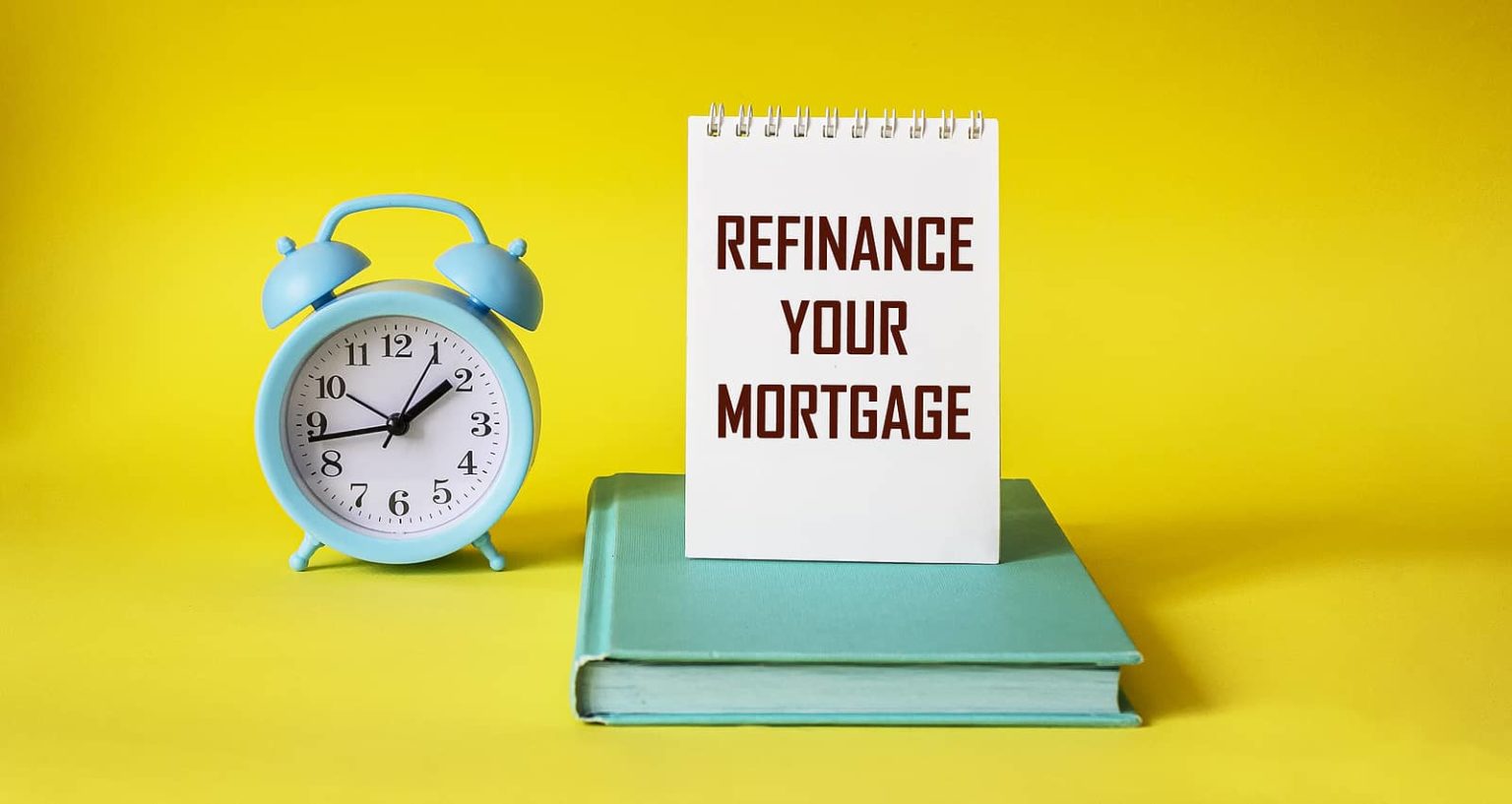Refinancing your mortgage can provide a number of advantages. You might be able to get a better mortgage rate and lower your monthly payments. However, first-time refinancers can find some surprises like resetting a payment timeline, credit checks, and closing costs.
It’s best to take any mystery out of the process by learning what you need to know. That’s why we’ve put together a blog dispelling some common misconceptions floating around about refinancing.
Myth: Everything Hinges on The Interest Rate
Switching to a lower interest rate is one of the bigger benefits of refinancing. However, it’s not the only thing that you should consider. It’s important to remember that refinancing a mortgage comes at a cost. Consumers need to do a little homework to see if these costs tip the balance away from the savings you get with a lower interest rate. Consider the following:
- There Are Legal Fees. Refinancing a mortgage usually means you’ll need to consult with a real estate lawyer. The lawyer will take a look at your conditions and terms and then register the new mortgage. What’s included is a title search to make sure there are no liens against your property. In the end, it’s the lawyer’s job to handle the entire financial transaction between the lender and you. Keep in mind that if the balance on your mortgage is over $200,000, a new lending institution might pay the legal fees for you.
- There’s a Mortgage Registration Fee. You need to pay this whether you’re staying on with the current lender or leaving and getting a new one. Every province is different and each lender sets its own fees. These are governed by the provincial governments where you live and generally they will set you back around $70 dollars with a bank, or more with alternative lenders.
- Mortgage Prepayment Penalty. You might need to break your existing mortgage early before it’s time for renewal or to refinance. If that’s the case, you’ll more than likely need to pay a prepayment penalty fee. For fixed-rate institutional mortgage, this fee will be the greater of either three months interest or the interest rate differential. Most private mortgage lenders will charge a fee equal to 3 months worth of interest payments.
- Mortgage Discharge Fee: This applies when you are switching lenders. It’s important to keep in mind each one sets its own rates and each province is different. However, you’ll typically pay between $200-$350 dollars.
An Excellent Solution
Insider Tip: Private mortgages can be an excellent solution when you’re looking to refinance. These are usually defined as mortgages that don’t come from credit unions or banks. Qualifying for one of these private mortgages is usually easier than qualifying for a more traditional loan. The underwriting process for banks and other lending institutions can be tedious. Private lenders cut out a lot of the red tape. They are an excellent choice for people looking for a second mortgage in the form of a debt consolidation loan. These can merge all your monthly debt payments into one simple number.
There are some other myths surrounding the refinancing process.
People With Bad Credit Can’t Refinance
People with bad credit may not get the very best deals when they go to refinance, but that doesn’t mean it’s impossible. Lenders generally want to charge higher interest rates to offset the risks, but you can negotiate a deal.
Building your credit back up is important. One of the first steps is to check your report online. Any errors on your credit score can lead to a higher rate or a complete loan rejection. It’s a good idea to check these reports every six months to address any errors and make sure they are corrected. Look through the information provided at Transunion Canada or Equifax Canada.
Credit Score Range
A good credit score in Canada is quite often between 660 to 724. The range is usually anywhere between 300 to 900.
If you’re looking to have a better score, you should improve your credit history. Using a credit card to buy things that you need and making more than the minimum payments helps. Try not to let small balances add up and stay away from applying for credit and or switching credit cards too often.
Insider Tip: A private lender will assess a few different aspects when they are looking at providing mortgage refinancing. To reduce their risks when supplying services to people with poor credit, they look at a few different factors including:
- The equity you have in your house. Most of these lenders prefer to see more than $70,000 and they also require an appraisal of your current property.
- The overall condition and location of the property are two other factors.
These experts will be looking to assess the value of your home according to an up to date market appraisal. Taking some initial steps before you meet with a private lender can help. These include making a list of all the debts you have that are outstanding and knowing your credit score.
Paying Off Credit Card Debt
Understanding that the myths surrounding re-financing can be dispelled presents a path forward to a private lender when you can’t get approved by a credit union or bank. It’s a good option for self-employed people with fluctuating incomes that can’t meet traditional lending institutions’ strict government guidelines.
Some people considering a private lender are searching for something not offered by their banks like a second mortgage. Some of the other reasons people need one of these products include paying off high interest credit card debt and renovations or home repairs.
Mortgage Broker Store has a network of Ontario private mortgage lenders at their disposal. We get you the best deal by getting quotes from several sources. We deal with mortgages that are hard to place and don’t always meet more traditional lending institution requirements. We are direct private lenders as well as licensed mortgage agents. If you’re looking at refinancing with a private lender, we can approve requests faster than the competition.
Get in touch with us today to learn more. Email ron@mortgagebrokerstore.com or call 416-499-2122.



